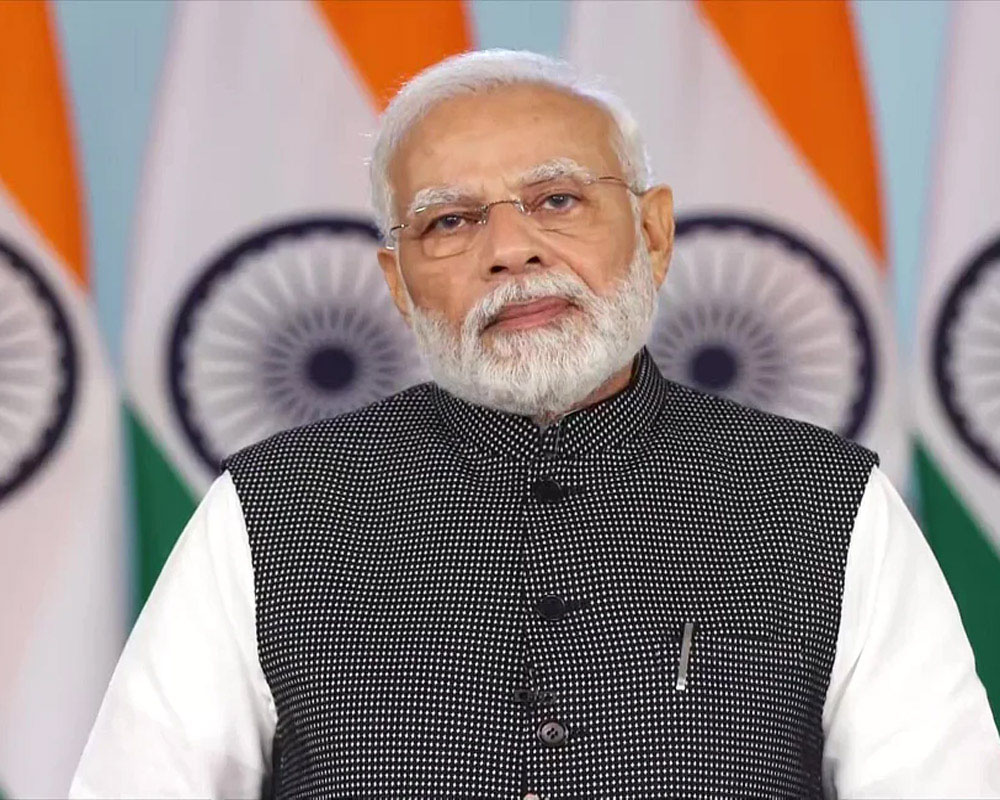According to the US Intelligence Community’s Annual Threat Assessment, under Prime Minister Narendra Modi’s leadership, India is more likely than in the past to respond with military force to perceived or real Pakistani provocations.
According to the report, the crises in India and Pakistan are more dangerous because both countries are nuclear-armed. Pakistan, on the other hand, has a long history of supporting anti-India terrorist organisations. However, under Prime Minister Narendra Modi’s leadership, India is more likely than in the past to respond with military force to perceived or real Pakistani provocations, according to the threat assessment report.
“Crises between India and Pakistan are of particular concern because of the risk of an escalatory cycle between two nuclear-armed states. New Delhi and Islamabad probably are inclined to reinforce the current calm in their relationship following both sides’ renewal of a cease-fire along the Line of Control in early 2021,” the Annual Threat Assessment of the US Intelligence Community report said.
It further said, “Pakistan has a long history of supporting anti-India militant groups, and under the leadership of Prime Minister Narendra Modi, India is more likely than in the past to respond with military force to perceived or real Pakistani provocations.”
“Each side’s perception of heightened tensions raises the risk of conflict, with violent unrest in Kashmir or a militant attack in India being potential flashpoints,” it said.
Interstate conflict, state instability, and other governance issues pose direct and indirect threats to US interests at home and abroad, as well as those of its allies and partners.
Rising tensions, fueled by intensifying strategic competition, have numerous implications for US and partner national security.
Countries’ increased military operations in a number of geographic hotspots risk inadvertent escalation and the possibility of interstate conflict, according to the statement.
Russia’s war in Ukraine, combined with the Covid-19 pandemic, has increased poverty, slowed economic growth, and widened inequality, creating a fertile ground for domestic unrest, insurgencies, democratic backsliding, and authoritarianism.
The conflict in Ukraine has demonstrated how interstate conflict affects more than just the parties directly involved, but can also have regional—and even global—security, economic, and humanitarian ramifications. According to the Threat Assessment Report, the following are some of the potential state conflicts that could spillover with repercussions that may necessitate immediate U.S. attention.
This annual report on global threats to US national security reflects the Intelligence Community’s collective insights, which is dedicated every day to providing the nuanced, independent, and unvarnished intelligence that policymakers, warfighters, and domestic law enforcement personnel require to protect American lives and interests anywhere in the world.
This assessment focuses on the most immediate and serious threats to the US in the coming year.






















